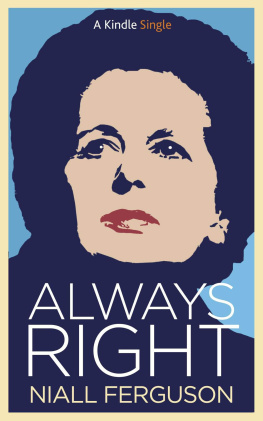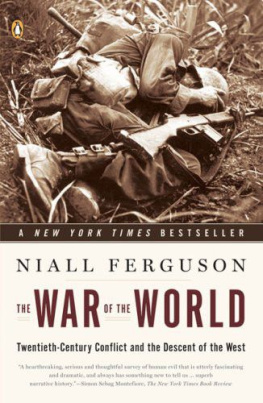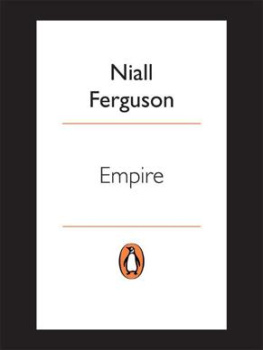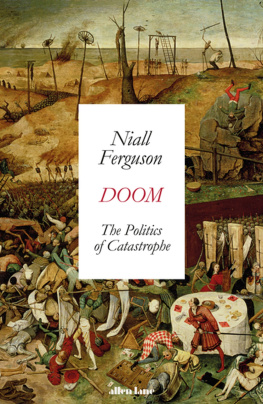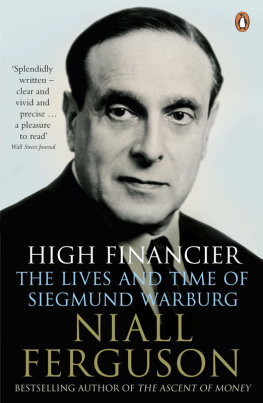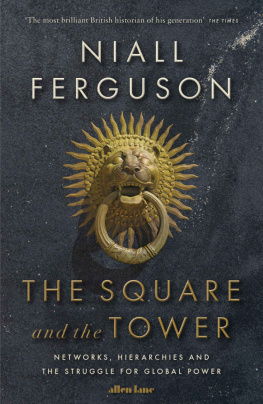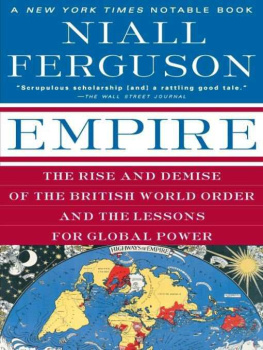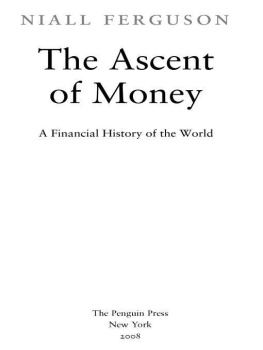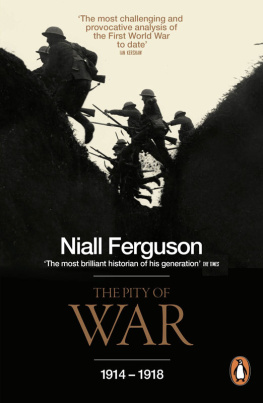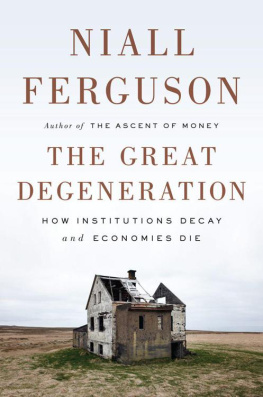Preface
Historians of my generation were taught to despise the great man theory of history. The Reformation had not been the work of Luther, Calvin or Henry VIII, but of great social forces the rising gentry, I seem to remember. The English Civil War was not Oliver Cromwells triumph but the defeat of a declining aristocracy. The reductio ad absurdum of this approach was the erudite German professor who set out to write a history of the Third Reich without mentioning Hitler.
By contrast, this little book is unapologetically based on the great woman theory of history. I do not mean to argue that Margaret Thatcher was literally always right. As we shall see, and as she herself had the courage to admit, she was sometimes wrong. My point is that she was right much more often than her critics. Moreover, she was usually right because of her conservative principles. At a time when conservatism on both sides of the Atlantic has lost that self-confidence which it acquired in the late 1970s, Margaret Thatchers passing should prompt us to reflect on her achievement. Those who have had the bad taste to celebrate her death will probably not read this book, not least because it will remind them of just how wrong they were in the 1980s.
1
PUNK TORIES
In a famous footnote, that least Tory of historians A.J.P. Taylor famously called Winston Churchill the saviour of his country. Few of my generation of historians would agree with me when I echo him in calling Margaret Thatcher the saviour of her country. But she was and her legion of left-wing academic critics were just part of what she attempted to save Britain from.
It is easy to forget what Britain was like when Margaret Thatcher became Prime Minister in May 1979. I was fifteen years old and the best way to describe myself at that time is as a punk Tory. I was punk in the sense that my teenage soul had been set ablaze by the Sex Pistols incendiary single Anarchy in the UK, released not long after Thatcher had become the Tory leader, and by their gloriously disrespectful God Save the Queen, which followed soon after:
God save the queen
Her fascist regime
They made you a moron
A potential H-bomb
God save the queen
She aint no human being
There is no future
In Englands dreaming
What made me and my friends leap around like lunatics to those words, snarled by that pallid degenerate Johnny Rotten, was an intense frustration. We didnt for a moment think the Queen was a fascist or inhuman. We were just utterly and completely fed up with post-war, post-Empire, post-Beatles Britain. In the late Seventies, there really did seem to be no future / in Englands dreaming.
Nothing worked. The trains were always late. The payphones were always broken (where I lived, they were mainly used as urinals). My first ever publication was a letter to the Glasgow Herald complaining about the exploding price of school shoes. The inflation rate when I wrote that letter in 1975 was 27 per cent. It was the worst inflation the country experienced in the entire twentieth century worse than in either of the world wars.
Worst of all were the recurrent strikes. Strikes by coalminers. Strikes by dockers. Strikes by printers. Strikes by refuse collectors. Strikes even by gravediggers. In the single month of September 1979, as the trade unions sought to undermine the newly elected Conservative government, the number of days lost to industrial action was nearly 12 million. (In September 2013, by comparison, it was just 8,000.)
So I was a punk out of frustration. But I became a Tory out of hope. In Time for Truth, another punk band of the time, The Jam, had the honesty openly to blame the Labour Party: I think its time for truth / And the truth is youve lost, Uncle Jimmy an unmistakable reference to the avuncular Labour Prime Minister James Callaghan, whom Thatcher ousted in the 1979 election. Callaghan whose nickname Sunny Jim became a bad joke in the 197879 Winter of Discontent made our hearts sink.
On January 10, 1979, on his return from an economic summit held on the sunny Caribbean Island of Guadeloupe, Sunny Jim was asked by a journalist: What is your general approach, in view of the mounting chaos in the country at the moment? Callaghan gave the kind of mealy-mouthed, patronizing answer we were sick of hearing from politicians:
Well, thats a judgment that you are making, and I promise you that if you look at it from outside, and perhaps youre taking rather a parochial view at the moment, I dont think that other people in the world would share the view that there is mounting chaos.
At the end of the conference, he joked that he doubted he would even find a cup of coffee if there was such mounting chaos. (It was true, we did have coffee at airports in 1979 disgusting instant stuff.) This show of insouciance did not go down well with the British press. The front page of the following days Sun newspaper bore the immortal headline: CRISIS, WHAT CRISIS?
By contrast, Thatcher rather to our surprise, it must be said gave us hope. And part of the reason was her refusal to give answers like Callaghans. My job is to stop Britain going red, she had declared in November 1977. This refreshing directness was a very large part of her appeal. Yes, of course, her policies were a vast improvement on the dismal mix of corporatism and stagflation that had gone before. But what made Thatcherism so impressive to a young punk like me was Thatchers own aggressiveness. Yes, there was a streak of punk in her, too in the way she gloried in confrontation, right to the very end of her eleven years in power.
As early as 1975 she had come up with a wonderful line about the Labour Party: Theyve got the usual Socialist disease theyve run out of other peoples money. This she contrasted memorably with what she called the British inheritance: A mans right to work as he will, to spend what he earns, to own property, to have the State as servant and not as master They are the essence of a free economy. And on that freedom all our other freedoms depend. It was Hayek armed with a swinging handbag, and I loved it.
Once in power, defiance was her forte. There really is no alternative, she declared in June 1980, a line that was soon shortened to the acronym TINA. To those waiting with bated breath for that favourite media catchphrase, the U-turn, I have only this to say, she told the Tory Party Conference in October 1980: You turn if you want; the ladys not for turning.
Like a true punk, Thatcher loved a fight. Oh, but you know, she said in a 1984 TV interview, you do not achieve anything without trouble, ever. And she could put the boot in to lethal effect. The trouble with you John, she told a wavering back-bencher in her last, desperate days in office, is that your spine does not reach your brain. That was a condition from which a great many Britons suffered in the late 1970s. But not Margaret Thatcher.
2
THINK TANKS AND HACKS
Most intellectuals detested Margaret Thatcher. It is important nevertheless to recognize that Thatcherism was a theory before it was a policy and owed a considerable debt to the minority of intellectuals who took her side.
Thatcher herself was neither an economist nor a political theorist. At Oxford she studied chemistry; later she studied law and qualified as a barrister. As an ambitious young politician she certainly read Friedrich Hayeks Road to Serfdom, but she later admitted not to have grasped [its] implications. True, as her partys spokeswoman on housing in the mid-1960s, she advocated the sale of council houses to tenants and opposed the Labour governments price and income controls, as well as its excessively high taxation. But as Education Secretary under Edward Heath she made no serious effort to resist the transformation of schools into comprehensives, a disastrous socialist experiment intended to destroy precisely the kind of grammar school she herself had attended. She acquiesced in most of Heaths blunders, the worst of which was abandonment of trade union reform. She was even willing to condone his hare-brained scheme to impose a maximum mortgage rate.

